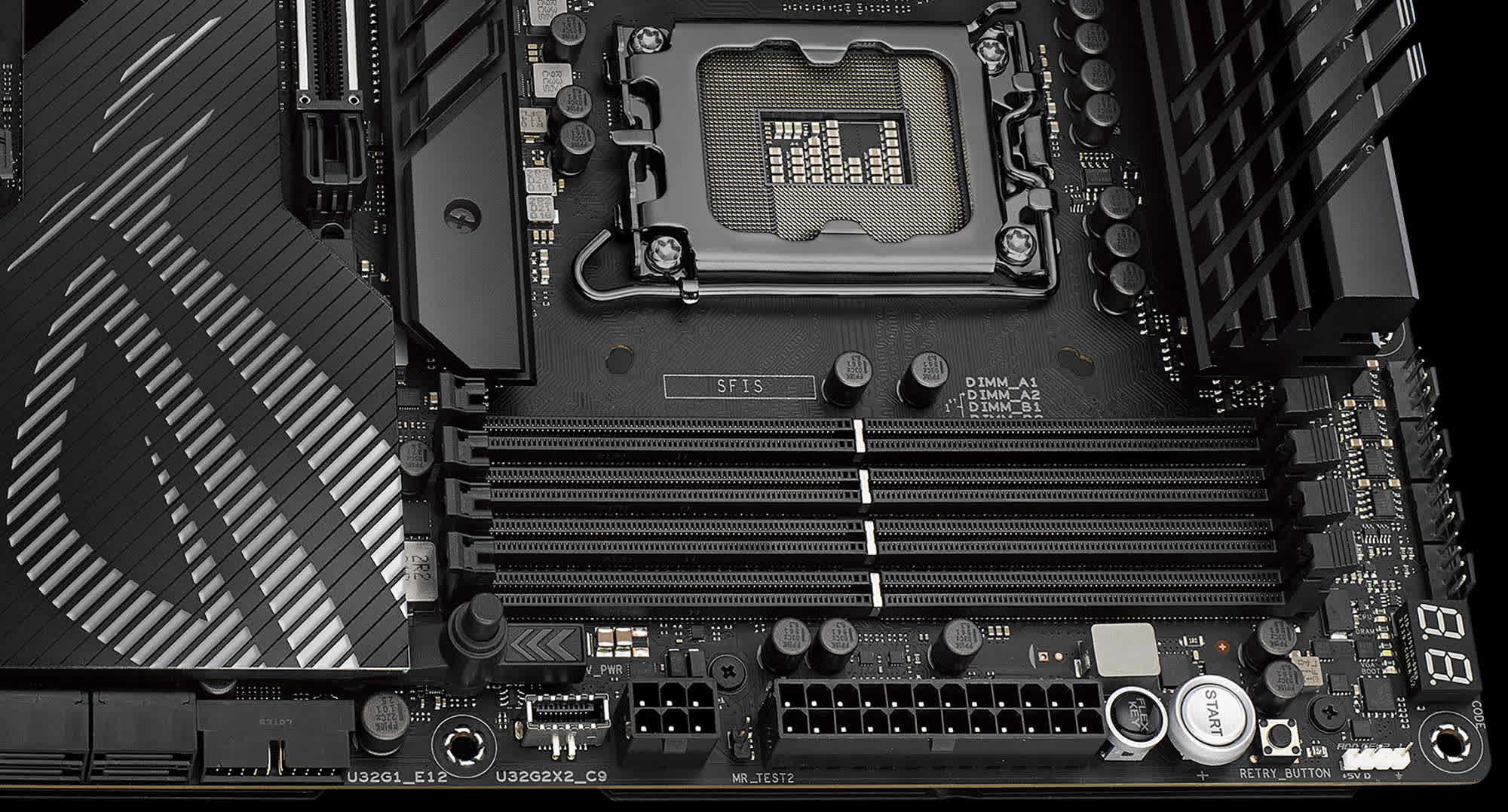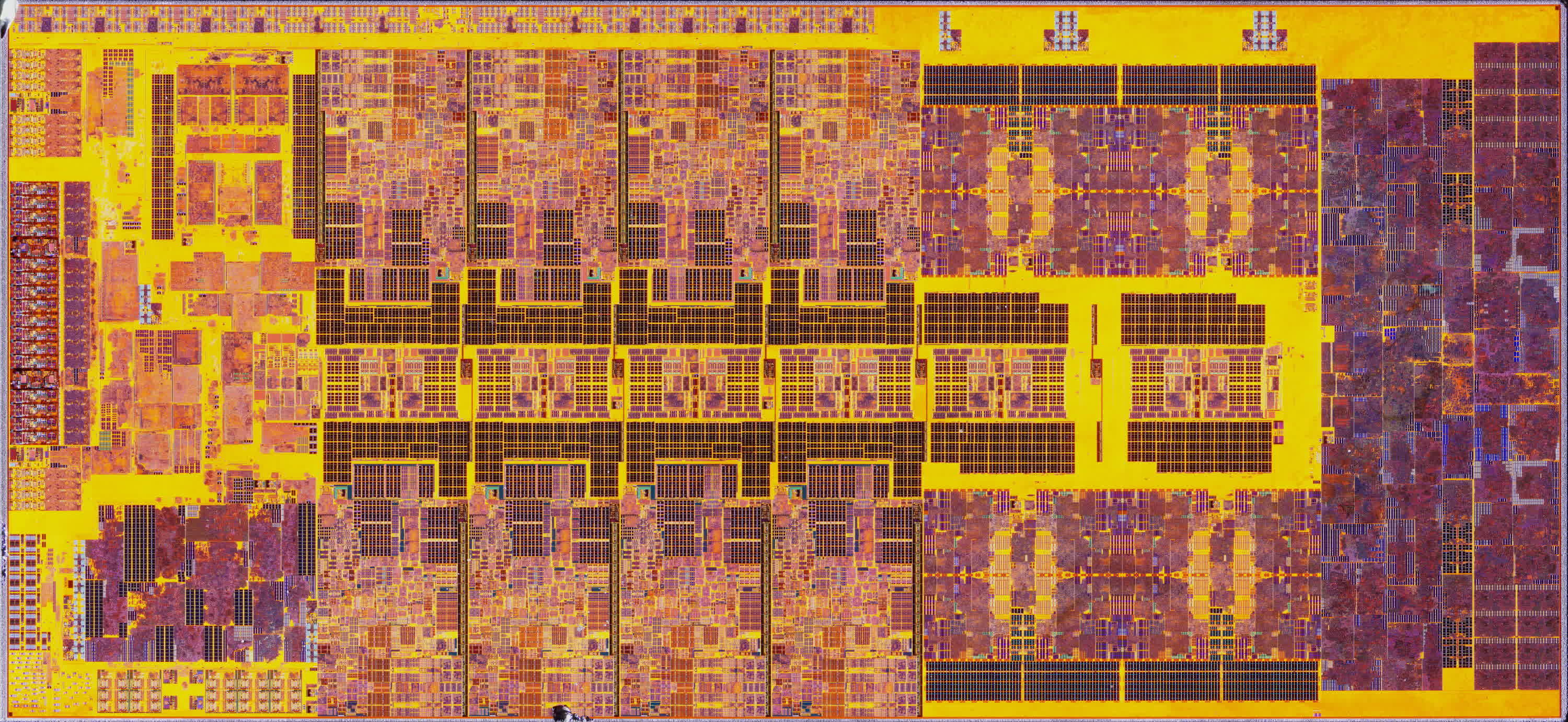A hot potato: Owners of recent Intel CPUs designed for gaming have been experiencing a lot of crashes during the shader compilation process, and motherboard manufacturers are now starting to provide a proper fix to this unusually widespread issue. Asus has already released new firmware, and other companies could soon do the same.

Owners of recent Intel CPUs and Asus motherboards based on the Z790, B760, and H770 chipsets are strongly advised to install the latest firmware update released by the Taiwanese manufacturer. The company introduced the new update as a BIOS ready for "next gen Intel processors," while the firmware is essentially designed to make those processors actually work as they should have done from the start.
The new firmware introduces an additional BIOS option known as "Intel Baseline Profile," which provides users with the ability to revert to Intel factory settings for basic processor functionality. Raptor Lake and Raptor Lake Refresh CPUs should start working within lower power limits, thus improving stability in certain gaming scenarios.
Crashes and other instability issues were mostly experienced by owners of Core i9-13900K, Core i9-14900K, Core i7-13700K, and Core i7-14700K CPUs. Game developers have had to recommend that users to downclock their systems to avoid crashes, with the root cause identified as excessive power delivery by 700-Series motherboards to Intel's latest gaming processors.

The newly introduced Intel Baseline Profile (IBP) included in the latest Asus firmware confirms that motherboard manufacturers were inexplicably going against Chipzilla's suggested working parameters. The majority of instability issues were experienced with games based on the Unreal Engine 5, with most of the crashes happening during the shader compilation process while loading a game.
The new firmware update should fix the stability issue for Asus customers, but it doesn't explain why the company – and likely other hardware manufacturers – decided to go so aggressively beyond Intel's suggested settings to begin with. Raptor Lake and Raptor Lake Refresh CPUs would likely provide more than adequate performance levels even when the Intel Baseline Profile is enabled.
If the new IBP option will solve the stability issue for good on Asus platforms, other motherboard vendors will likely follow with their own specific firmware updates. Downclocking a high-end CPU isn't really a solution, as it could have a significantly detrimental impact on the system's overall performance both for gaming and general-purpose applications.
Asus releases firmware update to address game crashes on Intel CPUs